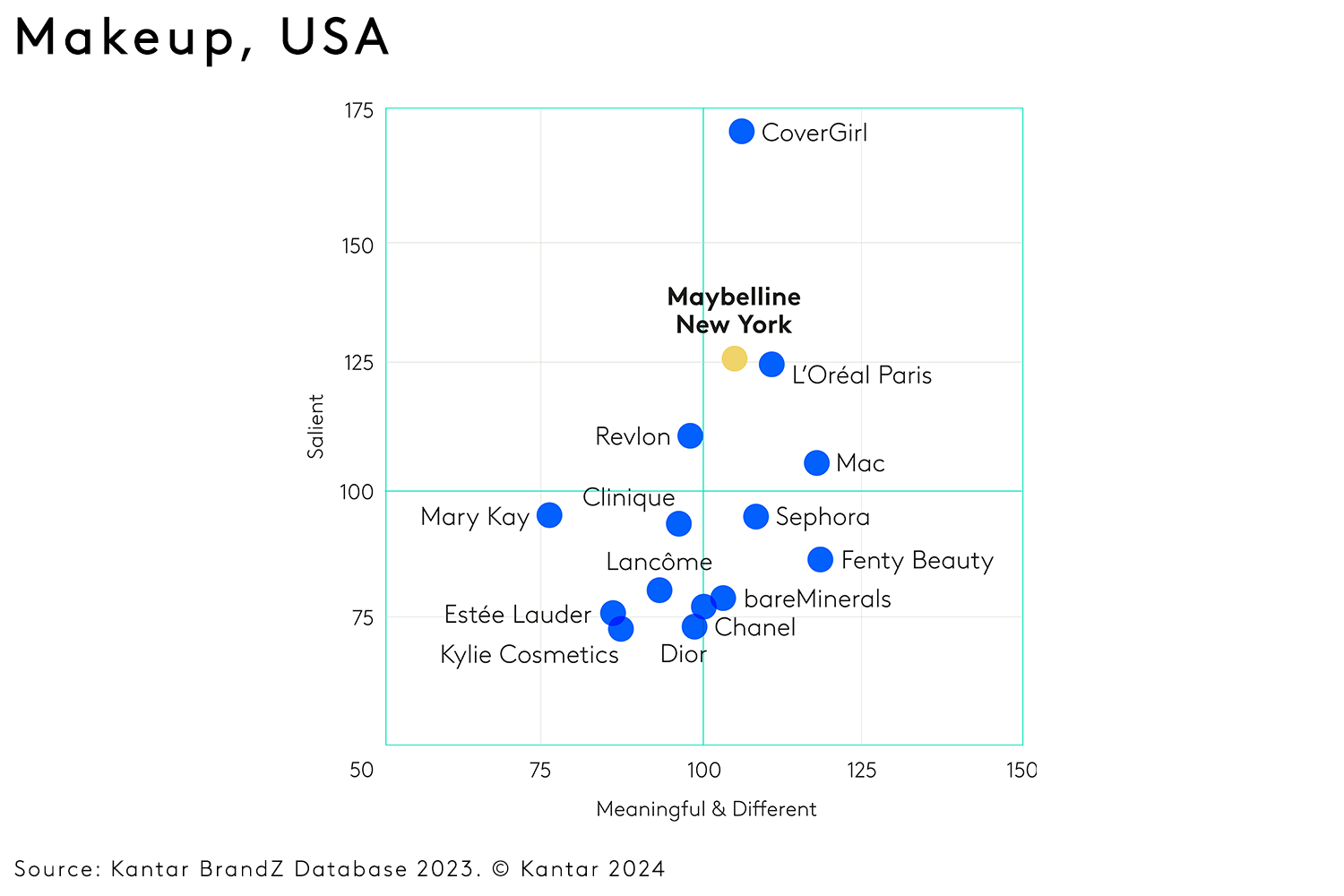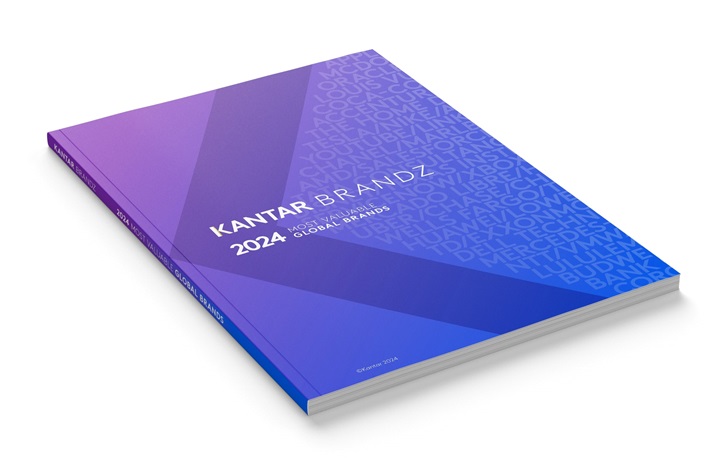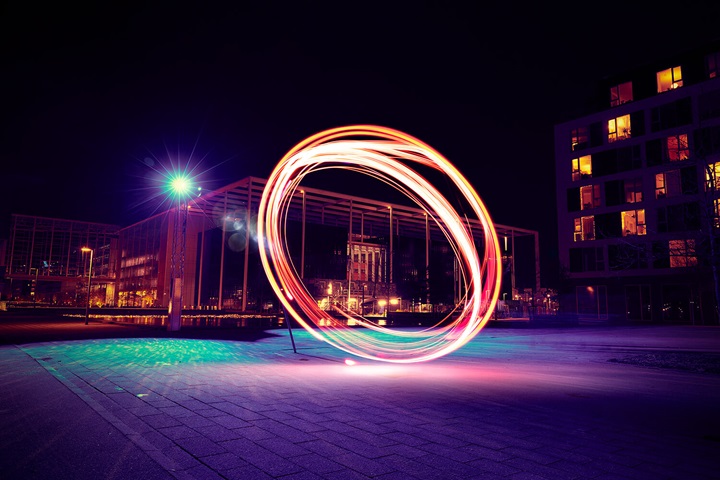In the world of TikTok beauty gurus and Kylie Jenner lip kits, one might expect a 108-year-old brand to struggle to compete. But over the past century, Maybelline has managed to reinvent itself time and again. And indeed, the story of Maybelline’s latest revamp holds lessons for all brands about the power of Meaningful Difference – as do the fortunes of top beauty brands more broadly.
From New York to the world
Though Maybelline was founded in Chicago and is owned by L’Oréal, the brand has proudly called New York City its home since 1966. This decade, the brand has become even more outspoken about its New York provenance as a means of further bolstering its Meaningful Difference credentials.
Maybelline is ‘New York makeup, made for all’: With this tagline on its ecommerce storefronts, Maybelline connects its New York heritage to a vision of the diverse beauty found on NYC streets. The brand reinforces this brand value throughout its media campaigns, leveraging a diverse array of models posing in downtown streetscapes.
The brand proudly features New York themes in its product lineup. Maybelline launched its first ever universal eyeshadow palette in 2020, ‘featuring curated shades that flatter all skin tones as well as every complexion’, Nudes of New York. And today, its smaller travel palettes are known as City Minis. The point is that while Maybelline may be a global brand – with a globally informed insights programme to match – it nevertheless remains rooted in a distinct point of view. As the saying goes, ‘If you can make it in New York, you can make it anywhere.
Focus on your superstars
Maybelline has long had an especially strong presence in the eye makeup category. It was one of the first companies to create modern mascara in the early 1900s, and since the 1970s its makeup offering has been anchored by the brand’s longstanding bestseller Great Lash Washable Mascara.
Often referred to as ‘the one in the pink and green tube’, Great Lash is one of the most recognisable brand assets in beauty today. And it’s a perfect example of what has become a major focus of beauty brand-building in the modern era: the need to build and identify brand ‘superstars’.
These days in personal care, one viral product can generate more sales and build more brand value than a dozen mid-range brands combined. And while all healthy brands need at least one ‘iconic’ flagship offering, the healthiest brands have several.
Earlier this decade, Maybelline set out to turn a new mascara innovation into its next brand icon. Maybelline’s labs had developed a patented long-lash formula, a formula innovative enough the brand’s managers wagered, to allow Maybelline to compete not only with luxury ‘lengthening’ mascaras, but also the growing category of false lash extensions.
The value imperative
Recently, it’s become common for social media influencers to highlight brands across the price spectrum rather than focusing solely on ‘drugstore’ or ‘luxury’ or ‘prestige’. These days, what matters most is good-value, high-quality products. Younger consumers, in particular, have embraced saving money, coming of age as they have in this era of price inflation and economic uncertainty. In 2024, it’s cool to be affordable.
Sometimes, this cost consciousness takes the form of seeking out dupes: ‘me-too’ offerings that match a luxury product’s colour, texture or functional ingredient, all at a fraction of the price.
More affordable brands can certainly secure a sales bump or two by playing the dupe game. But even better are hit products that are seen as innovative in and of themselves, offerings that, in Kantar BrandZ terms, are not just Meaningful, but Different. With its extensive R&D and insights programmes, Maybelline is well-positioned as a brand to thrive at this intersection of value and innovation.
To return to the Lash Sensation Sky High example, the product’s rollout may have ended with a killer social media campaign, but it began with a smart insight (even luxury consumers are still waiting for a mascara that can compete with lash-lengthening extensions) and a breakthrough innovation (a unique, patented Flex Tower mascara wand). Combine offerings like that with an unbeatable price, and you’ve got a recipe for brand-building success.
Today’s makeup state of play
Now, let’s dive into the Kantar BrandZ analysis of the top US makeup brands. This is a crowded category with lots of popular brands. Brands that are featured on the right side of the chart below over-index as being Meaningful and Different. Brands on the top half of the chart over-index as being Salient. Brands that are able to do both are most effective at predisposing more people to buy.

Amid legacy names like CoverGirl, Maybelline and L’Oréal Paris, Fenty Beauty stands out as an example of a newer brand that has disrupted the makeup scene by offering something different to consumers. The fan favourite from Rihanna is well-known for its wide range of makeup shades that work with all complexions, and its marketing assets featuring an extraordinarily diverse array of models.
One way to achieve Difference is by ‘leading the way.’ Since its launch in 2017, Fenty Beauty has helped push the entire makeup industry toward offering wider shade ranges. Because of this leadership, and because of the way it harnesses Rihanna’s star power in smart, authentic ways, Fenty Beauty has emerged as both Meaningful and Different.
Purpose is beautiful
One challenge that all beauty brands face is that makeup can sometimes make people nervous. Too frivolous, too exclusionary, too feminine, too oppressive: Makeup has rarely been allowed to merely exist. But these attitudes may be changing, for the benefit of society first and foremost, but also for makeup brands!
This past year, for instance, the Barbie movie helped to give voice to the struggles women go through to stay accepted. I love that women are feeling more liberated to wear makeup how they want to wear it (or, of course, not at all!). Makeup these days is about making oneself happy; it’s about expressing one’s individualism and identity in ever more colourful and innovative ways. Makeup brands that embrace this shift toward freedom and possibility, and meet their consumers’ diverse needs in innovative ways, will continue to thrive.
From New York to the world
Though Maybelline was founded in Chicago and is owned by L’Oréal, the brand has proudly called New York City its home since 1966. This decade, the brand has become even more outspoken about its New York provenance as a means of further bolstering its Meaningful Difference credentials.
Maybelline is ‘New York makeup, made for all’: With this tagline on its ecommerce storefronts, Maybelline connects its New York heritage to a vision of the diverse beauty found on NYC streets. The brand reinforces this brand value throughout its media campaigns, leveraging a diverse array of models posing in downtown streetscapes.
The brand proudly features New York themes in its product lineup. Maybelline launched its first ever universal eyeshadow palette in 2020, ‘featuring curated shades that flatter all skin tones as well as every complexion’, Nudes of New York. And today, its smaller travel palettes are known as City Minis. The point is that while Maybelline may be a global brand – with a globally informed insights programme to match – it nevertheless remains rooted in a distinct point of view. As the saying goes, ‘If you can make it in New York, you can make it anywhere.
Focus on your superstars
Maybelline has long had an especially strong presence in the eye makeup category. It was one of the first companies to create modern mascara in the early 1900s, and since the 1970s its makeup offering has been anchored by the brand’s longstanding bestseller Great Lash Washable Mascara.
Often referred to as ‘the one in the pink and green tube’, Great Lash is one of the most recognisable brand assets in beauty today. And it’s a perfect example of what has become a major focus of beauty brand-building in the modern era: the need to build and identify brand ‘superstars’.
These days in personal care, one viral product can generate more sales and build more brand value than a dozen mid-range brands combined. And while all healthy brands need at least one ‘iconic’ flagship offering, the healthiest brands have several.
Earlier this decade, Maybelline set out to turn a new mascara innovation into its next brand icon. Maybelline’s labs had developed a patented long-lash formula, a formula innovative enough the brand’s managers wagered, to allow Maybelline to compete not only with luxury ‘lengthening’ mascaras, but also the growing category of false lash extensions.
The value imperative
Recently, it’s become common for social media influencers to highlight brands across the price spectrum rather than focusing solely on ‘drugstore’ or ‘luxury’ or ‘prestige’. These days, what matters most is good-value, high-quality products. Younger consumers, in particular, have embraced saving money, coming of age as they have in this era of price inflation and economic uncertainty. In 2024, it’s cool to be affordable.
Sometimes, this cost consciousness takes the form of seeking out dupes: ‘me-too’ offerings that match a luxury product’s colour, texture or functional ingredient, all at a fraction of the price.
More affordable brands can certainly secure a sales bump or two by playing the dupe game. But even better are hit products that are seen as innovative in and of themselves, offerings that, in Kantar BrandZ terms, are not just Meaningful, but Different. With its extensive R&D and insights programmes, Maybelline is well-positioned as a brand to thrive at this intersection of value and innovation.
To return to the Lash Sensation Sky High example, the product’s rollout may have ended with a killer social media campaign, but it began with a smart insight (even luxury consumers are still waiting for a mascara that can compete with lash-lengthening extensions) and a breakthrough innovation (a unique, patented Flex Tower mascara wand). Combine offerings like that with an unbeatable price, and you’ve got a recipe for brand-building success.
Today’s makeup state of play
Now, let’s dive into the Kantar BrandZ analysis of the top US makeup brands. This is a crowded category with lots of popular brands. Brands that are featured on the right side of the chart below over-index as being Meaningful and Different. Brands on the top half of the chart over-index as being Salient. Brands that are able to do both are most effective at predisposing more people to buy.

Amid legacy names like CoverGirl, Maybelline and L’Oréal Paris, Fenty Beauty stands out as an example of a newer brand that has disrupted the makeup scene by offering something different to consumers. The fan favourite from Rihanna is well-known for its wide range of makeup shades that work with all complexions, and its marketing assets featuring an extraordinarily diverse array of models.
One way to achieve Difference is by ‘leading the way.’ Since its launch in 2017, Fenty Beauty has helped push the entire makeup industry toward offering wider shade ranges. Because of this leadership, and because of the way it harnesses Rihanna’s star power in smart, authentic ways, Fenty Beauty has emerged as both Meaningful and Different.
Purpose is beautiful
One challenge that all beauty brands face is that makeup can sometimes make people nervous. Too frivolous, too exclusionary, too feminine, too oppressive: Makeup has rarely been allowed to merely exist. But these attitudes may be changing, for the benefit of society first and foremost, but also for makeup brands!
This past year, for instance, the Barbie movie helped to give voice to the struggles women go through to stay accepted. I love that women are feeling more liberated to wear makeup how they want to wear it (or, of course, not at all!). Makeup these days is about making oneself happy; it’s about expressing one’s individualism and identity in ever more colourful and innovative ways. Makeup brands that embrace this shift toward freedom and possibility, and meet their consumers’ diverse needs in innovative ways, will continue to thrive.


